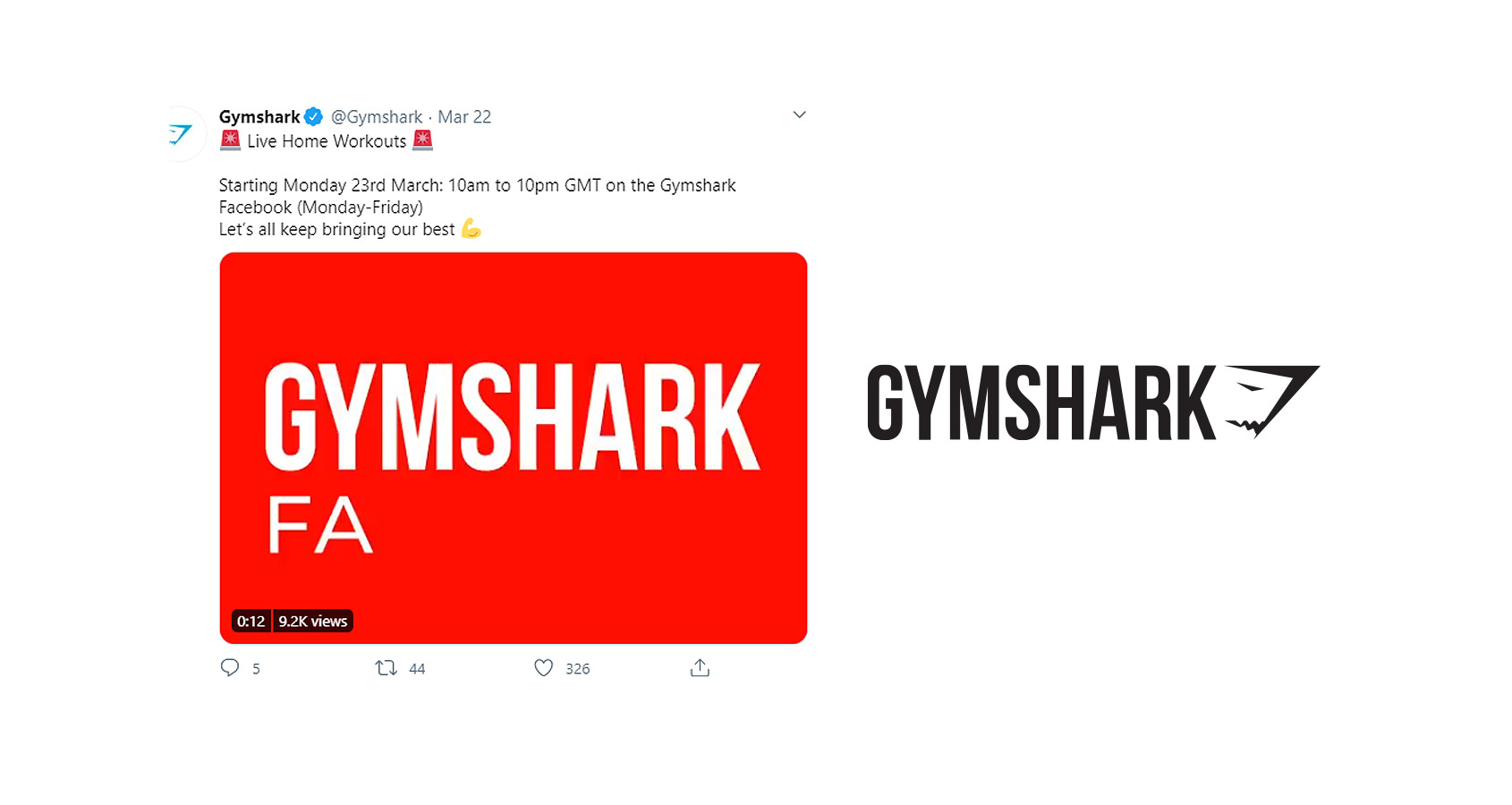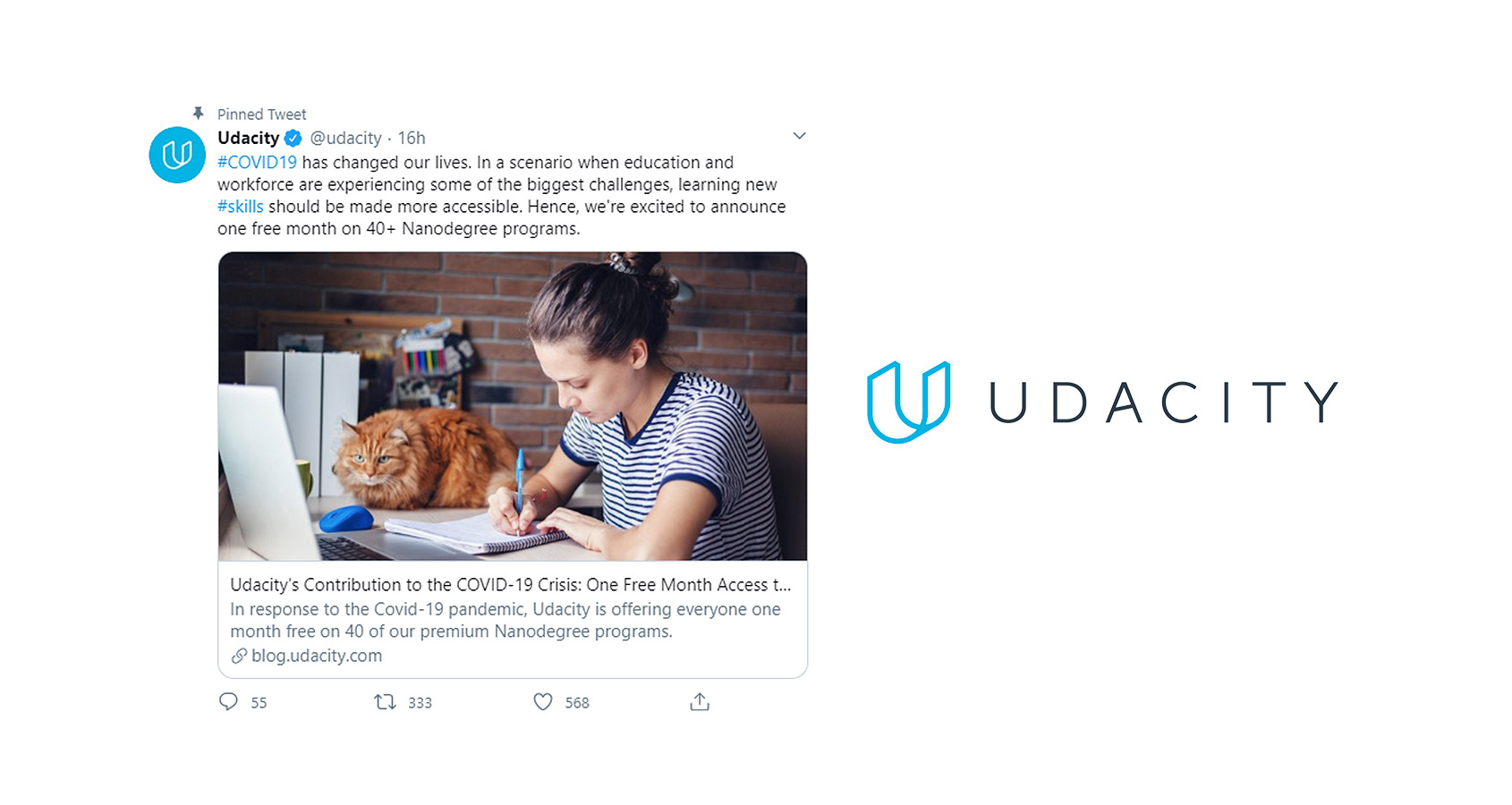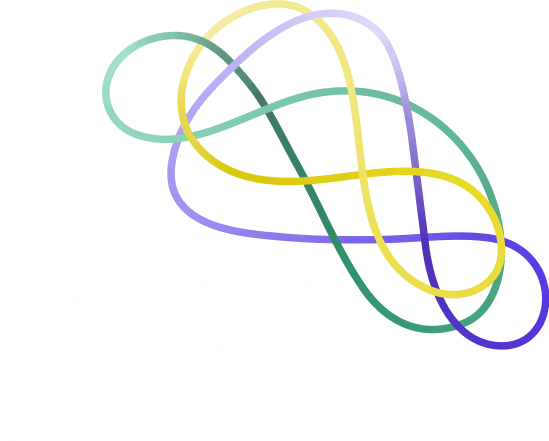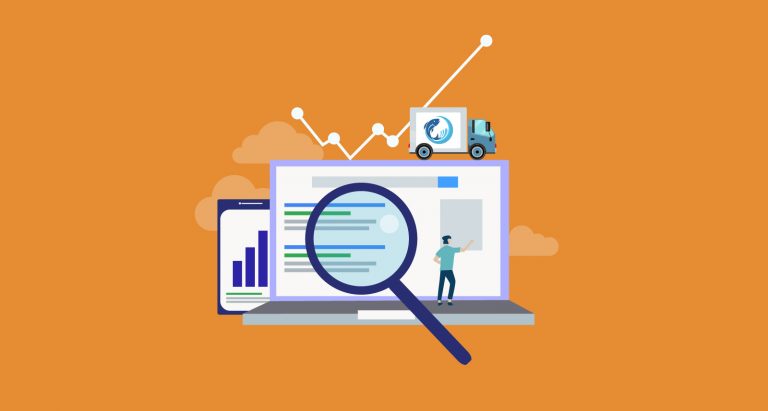The coronavirus, aka COVID-19 has created upheaval and uncertainty for many people and businesses all over the world. We do not know how long the pandemic will last.
“Digital Marketing” overnight felt wrong to many businesses and marketing teams who were unsure how to navigate through this crisis. Questions are thrown around;
Should we be posting this on social media?
Are we taking advantage of people spending more time online?
Is it right that we spend money when our stores are closed?
Businesses are suddenly hesitant which means that strategies and budgets that have been set out for the year are suddenly changed, reduced or straight out cut. However, in times like these, it’s time to protect the business instead of reducing digital marketing activity by refocusing and adapting the way you communicate to your customers, because if you do not, as this crisis continues, your online presence is going to lower and when it’s all over, you’ll be restarting your marketing strategy from scratch and your competitors could be ahead of the game.
We share some advice to support marketing activities for a long term and sustainable strategy:
1. Reconsider how you approach social media
For the next few months, coronavirus content will dominate social media, there is no doubt about it. Use your social accounts to engage with your audience. Consider offering something of value that may help your audience. Take a look at what these brands are doing:
GymShark – Offering an hourly rate for struggling personal trainers to co-host online home workouts on Facebook Live. A win for both PT’s and the audience.

Udacity – Offering one month free access to 40 nanodegrees to support education.

ESPA – adapted their strategy to reach their customers a different way by providing value and wellbeing to their audience.

2. Relook at your content for SEO purposes and plan ahead
The effectiveness of SEO is not overnight, it has, and always will be a long term, ever evolving strategy.
Have a look in Google Analytics and Google Search Console and analyse how your pages are performing and make changes to the content based on user behaviour.
For more technical aspects, consider if your page speed is where it needs to be or if your site structure is giving the best experience to your customers. You can use heat mapping tools such as Hotjar to see how customers are using your website.
For content, you can also use Google trends to monitor trends and plan for the future content that people are asking about in your industry or review previous content plans and repurpose content in video format.
Using this time to work on your website content, stockpiling future content or reviewing technical aspects will pay off when normality resumes, giving your website more visibility and the ability to rank higher than pre-COVID-19.
3. Use your online advertising budget wisely
Halting your advertising budget may not be the most effective way. For example, on Facebook Ads, pausing campaigns for a long duration will reset learnings the campaign has made.
The key is to adapt the strategy with an aim to maintain a presence whilst the auction dynamic is cheaper due to other advertisers reducing spend.
Rather than focusing on impressions, keep a close eye on current campaign activity, focus on CPC ‘cost per click’ models. You can lower the radius of your geographic locations, lower your daily budgets or change the bid strategies.
Why not consider some A/B tests while costs may be slightly lower to identify new audiences?
4. Stay strategic
Aforementioned above about marketing strategies and budgets – It’s important to adapt your strategy and stay strategic during the crisis . Things will return back to normal, and when that happens, the digital marketing activity needs to be ready.
Here are some pointers to stay strategic –
- Focus on opportunities that arise
- Focus on long term results with strategies like SEO
- Focus on short term results with ‘low hanging fruit’ customers
- Consider your messages and your audience on how best engage them
- Test and learn whilst auction dynamic on advertising platforms are cheaper
Mark Rison for Marketing week says -We should not shy away from talking about customers and business in the age of coronavirus. It might seem superficially mercantile to discuss brands, pricing and customer behaviour as we stare down the barrel of a pandemic. But the practical reality of global economic trade means that we need to market now for the good of all mankind.












